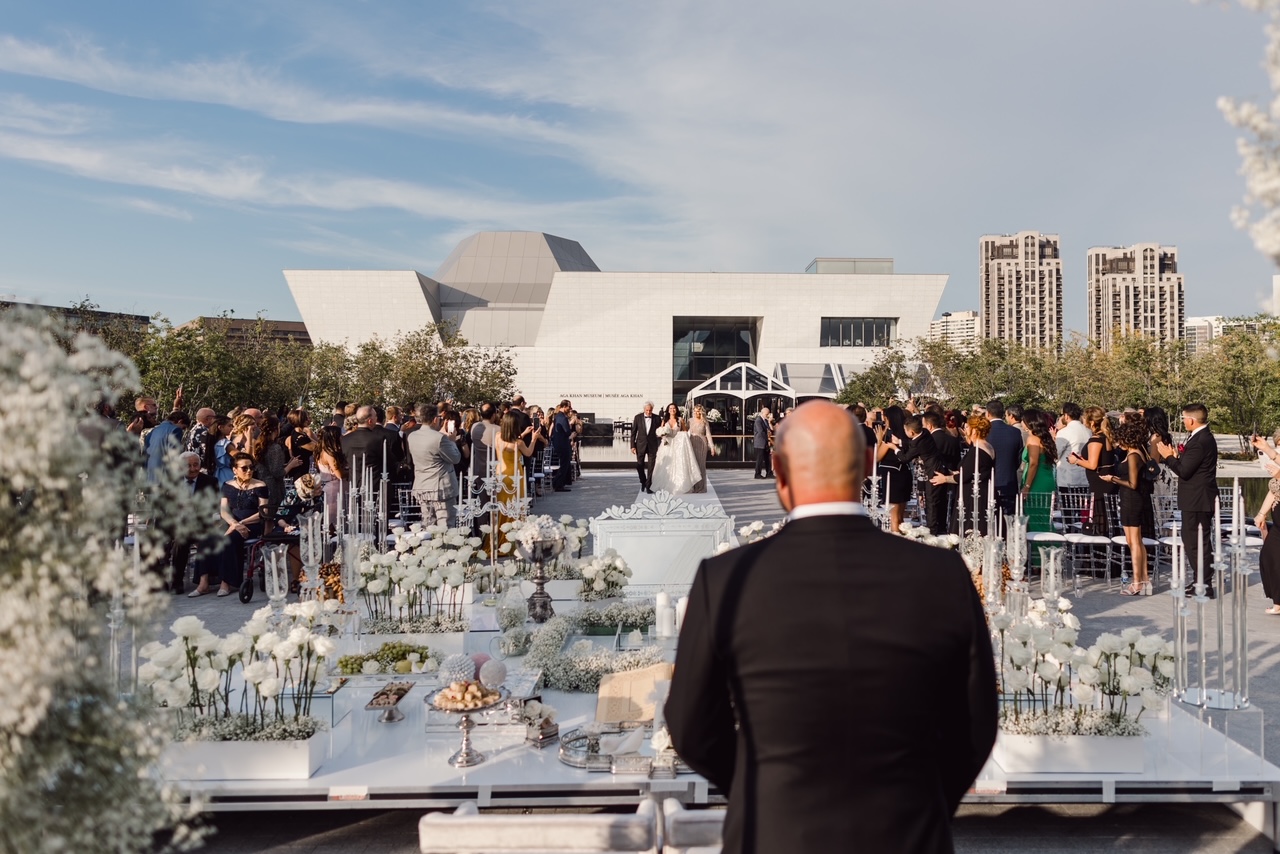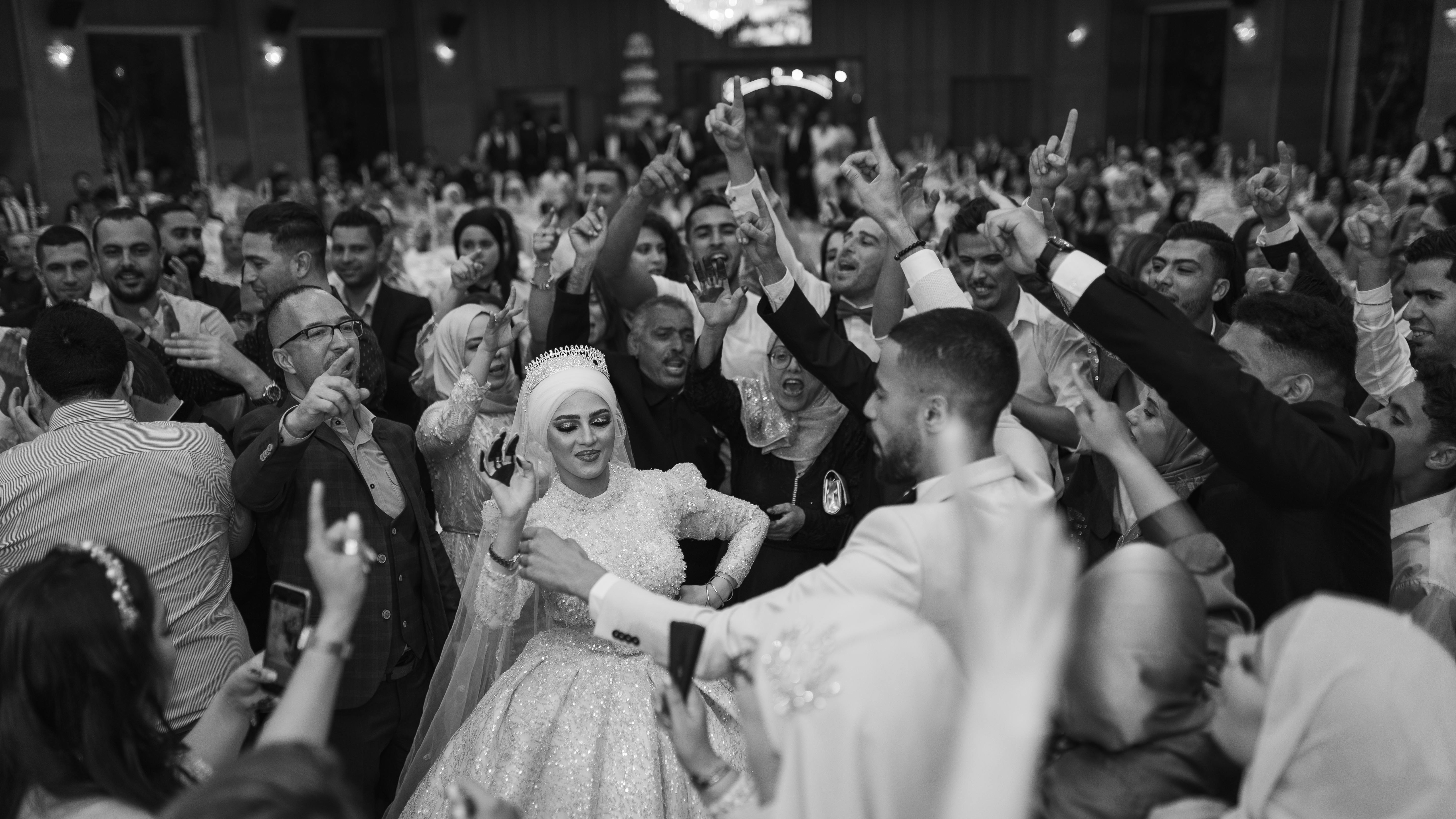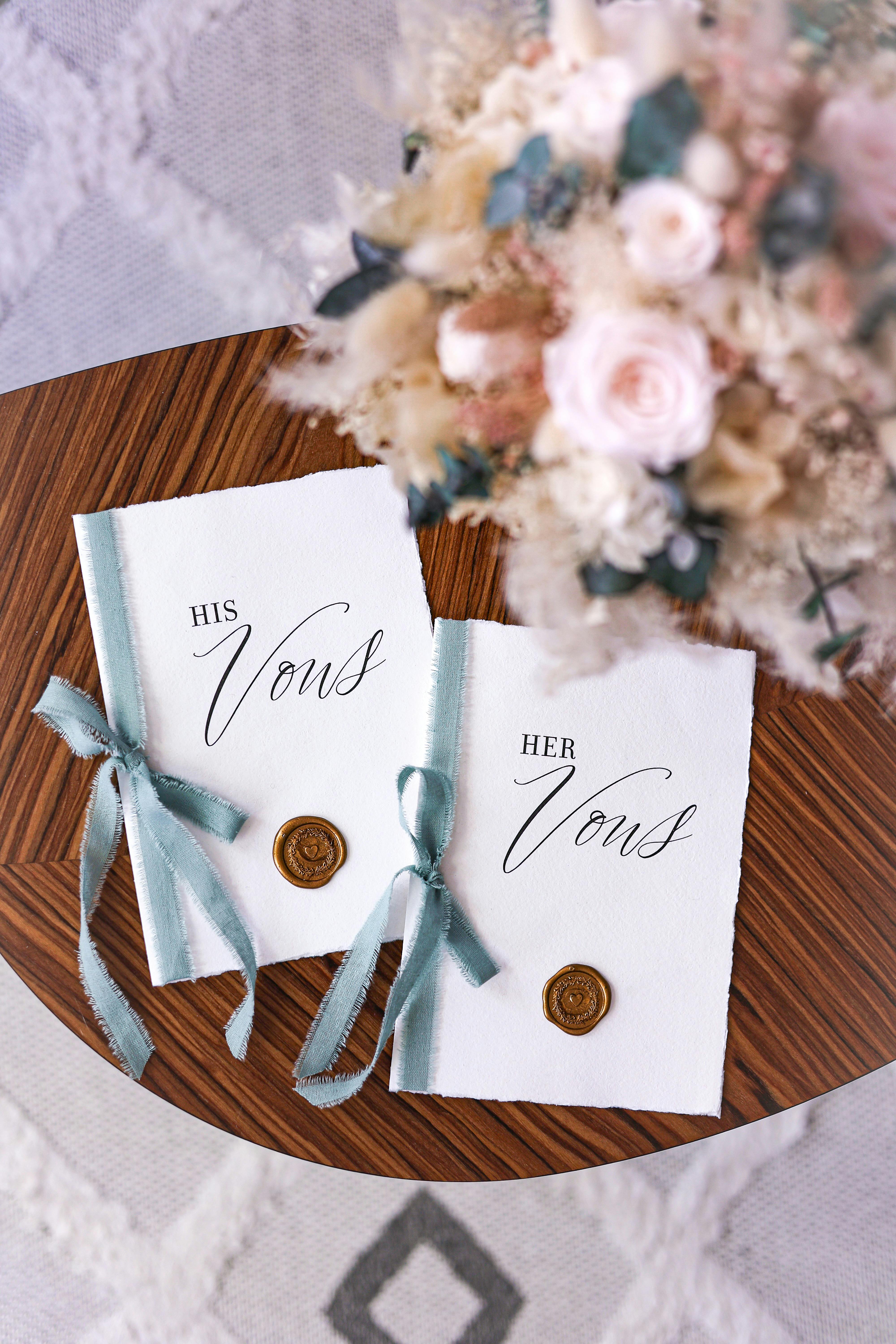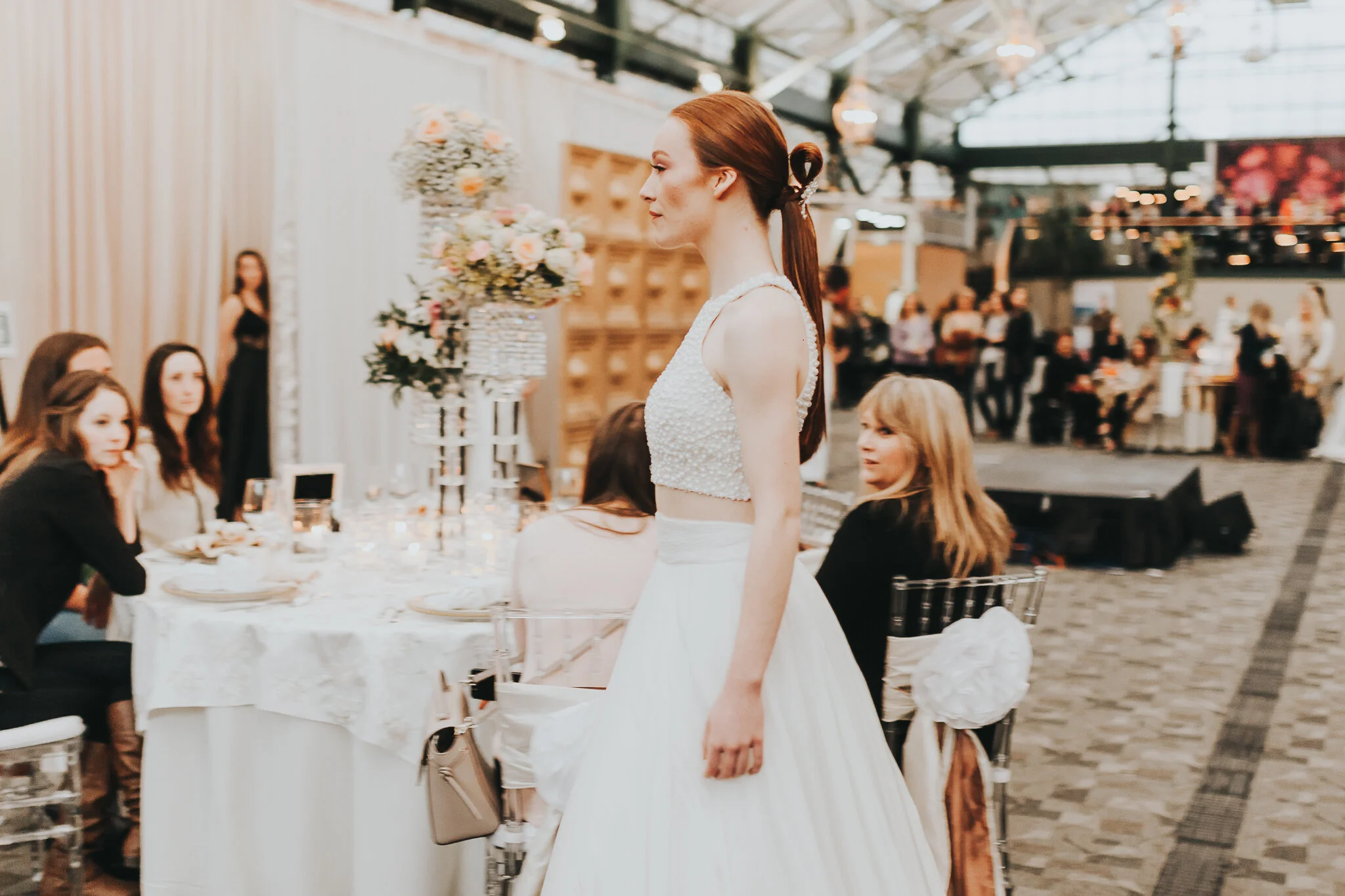Planning a wedding is an exciting journey that marks the beginning of a new chapter in a couple's life. From envisioning the perfect day to making it a reality, the process can be both exhilarating and overwhelming. Every detail, from the venue and guest list to the attire and decor, plays a crucial role in creating the dream wedding. But how long does it take to plan the perfect wedding? In this article, we will explore the various stages of wedding planning, the factors that influence the timeline, and essential tips to ensure a smooth and enjoyable journey towards the big day.
1. Setting the Foundation: Establishing the Timeline
The first step in planning the perfect wedding is to establish a realistic timeline. The timeline may vary significantly depending on the complexity of the event, the couple's preferences, and the availability of venues and vendors. Generally, wedding planning is a process that spans from six months to two years, with the majority of couples opting for a planning period of around 12 to 18 months.
Factors that may influence the timeline include:
a) Venue Availability: Popular wedding venues often get booked well in advance, especially during peak wedding seasons. Couples eyeing a specific venue should consider booking it as early as possible.
b) Guest List Size: The number of guests attending the wedding can impact the complexity of planning. Smaller, intimate gatherings might require less preparation, while larger events necessitate more time to coordinate logistics.
c) Type of Wedding: The complexity and scale of the wedding celebration also play a significant role. A destination wedding, for instance, requires additional time for travel arrangements and coordination.
d) DIY Elements: If the couple plans to include many do-it-yourself (DIY) elements, they should allocate extra time for crafting and preparation.
2. 12-18 Months Before the Wedding: Laying the Groundwork
The planning process begins in earnest around 12 to 18 months before the wedding. During this stage, the couple lays the groundwork for the event and makes essential decisions that set the tone for the celebration.
a) Create a Budget: Determining the wedding budget is the first crucial step. This involves discussing financial contributions from both sides of the family and setting spending limits for each aspect of the wedding.
b) Choose the Date and Venue: The couple should settle on a wedding date and begin exploring potential venues that match their vision. Booking the ceremony and reception venues early is essential, as it influences other elements of planning.
c) Compile the Guest List: Creating a preliminary guest list helps estimate the size of the event and aids in selecting the appropriate venue.
d) Hire Key Vendors: Booking essential vendors, such as a wedding planner, photographer, videographer, and caterer, should be prioritized to ensure their availability.
e) Select Wedding Party: Choose bridesmaids, groomsmen, and other members of the wedding party early on, as their roles may include assisting with planning and preparations.
f) Wedding Style and Theme: Begin to conceptualize the wedding style and theme, considering the couple's preferences and the season of the wedding.
3. 9-12 Months Before the Wedding: Details and Decor
As the wedding date approaches, the focus shifts towards the finer details and decorations that will bring the couple's vision to life.
a) Wedding Attire: The bride and groom should begin shopping for their wedding attire, including dresses, suits, and accessories. Shopping early allows time for fittings and alterations.
b) Send Save the Dates: Once the guest list is finalized and the date is set, send save the date cards to ensure guests can make arrangements in advance.
c) Book Additional Vendors: Secure other vendors, such as florists, musicians, DJs, and cake bakers, to avoid last-minute availability issues.
d) Plan the Ceremony and Reception: Work with the wedding planner or officiant to outline the ceremony and reception order. Decide on vows, readings, and music selections.
e) Accommodations and Transportation: Arrange accommodations for out-of-town guests and book transportation as needed.
f) Register for Gifts: Create a wedding gift registry to make it easier for guests to choose gifts that the couple will cherish.
4. 6-9 Months Before the Wedding: Fine-Tuning and Coordination
As the wedding date draws nearer, the couple focuses on finalizing the details and ensuring everything comes together seamlessly.
a) Invitations: Design and order wedding invitations, RSVP cards, and other stationery. Send out the invitations at least two months before the wedding date.
b) Tasting and Menu Selection: Schedule a tasting session with the caterer to finalize the menu.
c) Wedding Rings: Choose and purchase wedding rings, leaving time for engraving and resizing if needed.
d) Décor and Rentals: Plan and book rentals, such as chairs, tables, linens, and decor items, to match the wedding theme.
e) Plan the Honeymoon: Arrange the honeymoon, including travel arrangements and accommodations.
f) Marriage License: Obtain the necessary marriage license and complete any required paperwork.
5. 3-6 Months Before the Wedding: Final Preparations
With the wedding just around the corner, the couple enters the final stages of preparation and confirmation.
a) Finalize Details with Vendors: Reconfirm arrangements with all vendors and ensure everyone is on the same page.
b) Schedule Hair and Makeup Trials: The bride should schedule hair and makeup trials to finalize her wedding day look.
c) Send Out Invitations: Mail out the wedding invitations and track RSVPs for a final headcount.
d) Organize Rehearsal Dinner: Plan the rehearsal dinner and coordinate with the wedding party and close family members.
e) Order Wedding Favours: If the couple plans to give out wedding favours, order them in advance.
6. 1-3 Months Before the Wedding: Last-Minute Preparations
As the big day approaches, the couple shifts their focus to tying up loose ends and confirming final arrangements.
a) Final Dress and Suit Fittings: Schedule final dress and suit fittings to ensure a perfect fit.
b) Finalize Seating Plan: Work on the seating plan for the reception and create place cards.
c) Review Ceremony and Reception Details: Go over the ceremony and reception details with all parties involved, including the wedding party and vendors.
d) Plan Rehearsal: Schedule and plan the wedding rehearsal to ensure everyone knows their roles and the order of events.
e) Prepare Wedding Day Timeline: Create a detailed timeline of events for the wedding day, including when and where everyone should be.
7. Wedding Day: Time to Celebrate
Finally, the big day has arrived! The couple should try to relax and enjoy their special day, trusting that all their careful planning will result in a perfect celebration of love.
Planning the perfect wedding is a journey that requires careful consideration, organization, and attention to detail. The timeline for wedding planning varies depending on the couple's preferences, the complexity of the event, and the availability of vendors and venues. From setting a realistic timeline to coordinating all the intricate details, each stage of planning plays a crucial role in creating a memorable and magical day. By allocating sufficient time and staying organized, couples can navigate the planning process with ease and ensure that their wedding day is everything they dreamed it would be – a celebration of love and joy shared with family and friends.




















